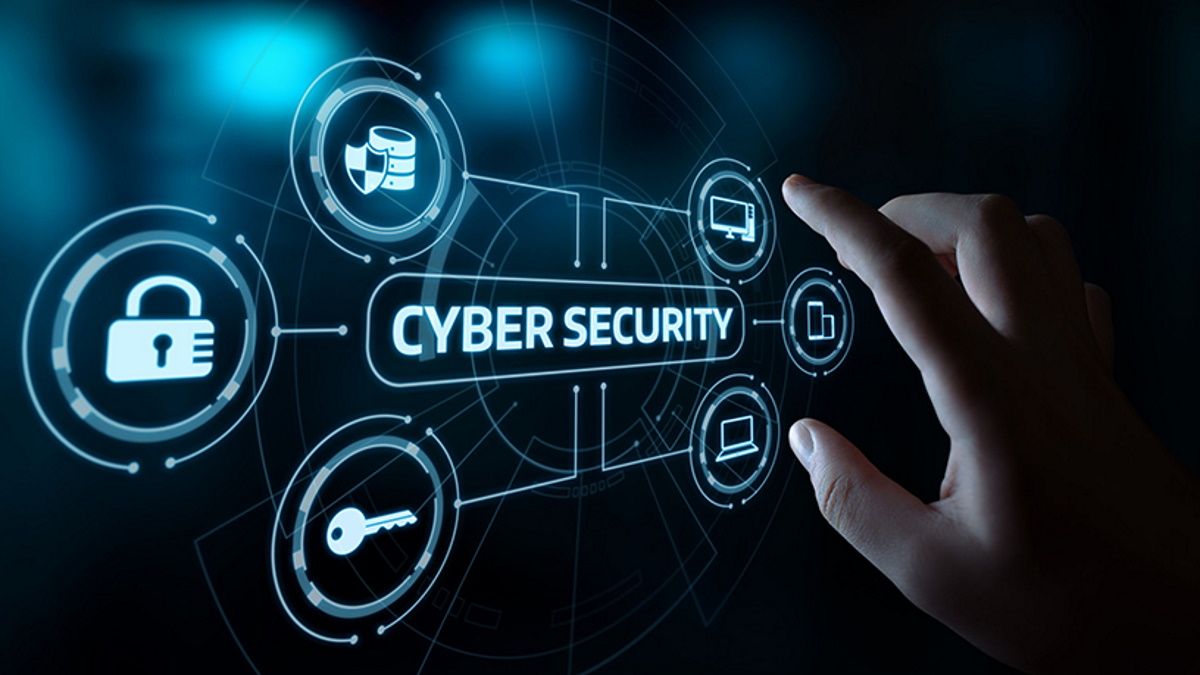Living in a Digital World Full of Risks
In today’s hyper-connected world, cybersecurity is no longer a luxury — it is a necessity.
Every aspect of our lives depends on digital platforms. This ranges from social media profiles to banking apps. It also includes corporate databases and government systems.
While this connectivity offers incredible convenience and efficiency, it also creates significant vulnerabilities.
Hackers, scammers, and cybercriminals are more sophisticated than ever, targeting both individuals and organizations.
Without strong cybersecurity measures, businesses risk losing sensitive information, individuals face identity theft, and entire economies can be compromised.
In this article, we will explore why cybersecurity is crucial. We will examine the common threats in the digital landscape. We will discuss the consequences of poor security. Additionally, we will highlight proactive measures everyone must take.
- Nigeria Declares Public Holiday Today
- Fluminense vs. Cruzeiro – A Deep Dive
- AFCON: South Africa vs Mali
- FIFA CLUB WORLD CUP FINAL: Chelsea FC VS PSG
- Muhammadu Buhari Former Nigerian President, Dies at 82
What is Cybersecurity?
Cybersecurity refers to the practice of protecting systems, networks, and programs from digital attacks.
These cyberattacks usually aim at accessing, changing, or destroying sensitive information. They also attempt to extort money from users or interrupt normal business processes.
Strong cybersecurity measures involve a combination of technologies, processes, best practices, and user education to protect against:
- Malware
- Phishing attacks
- Data breaches
- Ransomware
- Identity theft
- Financial fraud
Why is Cybersecurity Important?
1. Protection of Personal Information
Today, personal data is the most valuable commodity.
Cybercriminals exploit weak security measures to steal:
- Credit card details
- Social security numbers
- Medical records
- Personal photos and videos
Protecting personal information is critical to avoid identity theft, financial loss, and privacy violations.
2. Safeguarding Business Assets and Reputation
Businesses store sensitive data such as client lists, intellectual property, financial records, and strategic plans.
A successful cyberattack can lead to:
- Heavy financial losses
- Legal penalties
- Erosion of customer trust
- Damage to brand reputation
According to recent studies, 60% of small businesses shut down within six months after a major cyberattack.
3. Ensuring National Security
Cybersecurity is not just a personal or corporate issue — it’s a national concern.
Governments rely on digital infrastructure for:
- Communication
- Public services
- Power grids
- Defense operations
Cyberattacks on these systems can cause chaos, economic disruption, and even threaten national security.
4. Supporting Remote Work and Online Commerce
The rise of remote work and online shopping has opened new vulnerabilities.
Employees working from home access company systems over public networks, and customers share sensitive payment information on e-commerce sites.
Without strong cybersecurity, businesses expose themselves and their customers to cybercrime risks daily.
Common Cybersecurity Threats to Watch Out For
- Phishing Attacks: Fraudulent emails or messages tricking users into giving up sensitive information.
- Malware: Malicious software like viruses, worms, and trojans designed to damage or disable computers.
- Ransomware: Attackers lock a victim’s files and demand payment to restore access.
- Man-in-the-Middle Attacks: Hackers secretly intercept communications between two parties.
- Denial of Service (DoS) Attacks: Flooding a network with traffic to crash it.
Understanding these threats is the first step toward effective protection.
The Cost of Ignoring Cybersecurity
Ignoring cybersecurity can have devastating consequences:
- Financial Loss: Businesses lose billions globally every year due to cybercrime.
- Loss of Sensitive Data: Personal, corporate, and governmental data can be permanently lost or exposed.
- Reputational Damage: Companies may lose customers and market share due to breaches.
- Legal Consequences: Failure to protect user data can result in heavy fines and lawsuits under laws like GDPR.
Investing in cybersecurity is far cheaper than paying the price of a breach.
Best Practices to Improve Cybersecurity
Here are key strategies individuals and organizations must implement:
- Use Strong Passwords: Combine letters, numbers, and symbols, and change them regularly.
- Enable Two-Factor Authentication (2FA): Add an extra layer of security beyond passwords.
- Regular Software Updates: Keep operating systems and applications up-to-date to fix vulnerabilities.
- Install Antivirus and Anti-Malware Software: These tools help detect and prevent attacks.
- Educate Employees and Users: Regular training helps people recognize and avoid threats.
- Data Encryption: Encrypt sensitive data both at rest and in transit.
- Backup Important Data: Regularly back up data to secure, offline locations.
- Implement Firewalls: Firewalls monitor incoming and outgoing traffic and block suspicious activities.
Cybersecurity is a shared responsibility — from CEOs to casual internet users, everyone must play their part.
The Future of Cybersecurity: AI, Blockchain, and Beyond
The cybersecurity landscape is evolving rapidly:
- Artificial Intelligence (AI) is being used to predict and counter cyber threats.
- Blockchain technology offers decentralized security frameworks.
- Quantum computing could redefine encryption methods.
However, cybercriminals are also becoming smarter. Staying ahead requires continuous investment, innovation, and vigilance.
Conclusion: Cybersecurity is Not Optional — It’s Essential
As we move deeper into the digital age, cybersecurity becomes as fundamental as locking your front door at night.
Whether protecting personal emails, securing sensitive business information, or safeguarding national infrastructure, the need for robust cybersecurity cannot be overstated.
It’s not a question of if you will be targeted — it’s a question of when.
Building strong cybersecurity practices today ensures a safer, smarter, and more resilient tomorrow.
Stay safe, stay smart, stay secure.
Discover more from Dailymore News
Subscribe to get the latest posts sent to your email.





